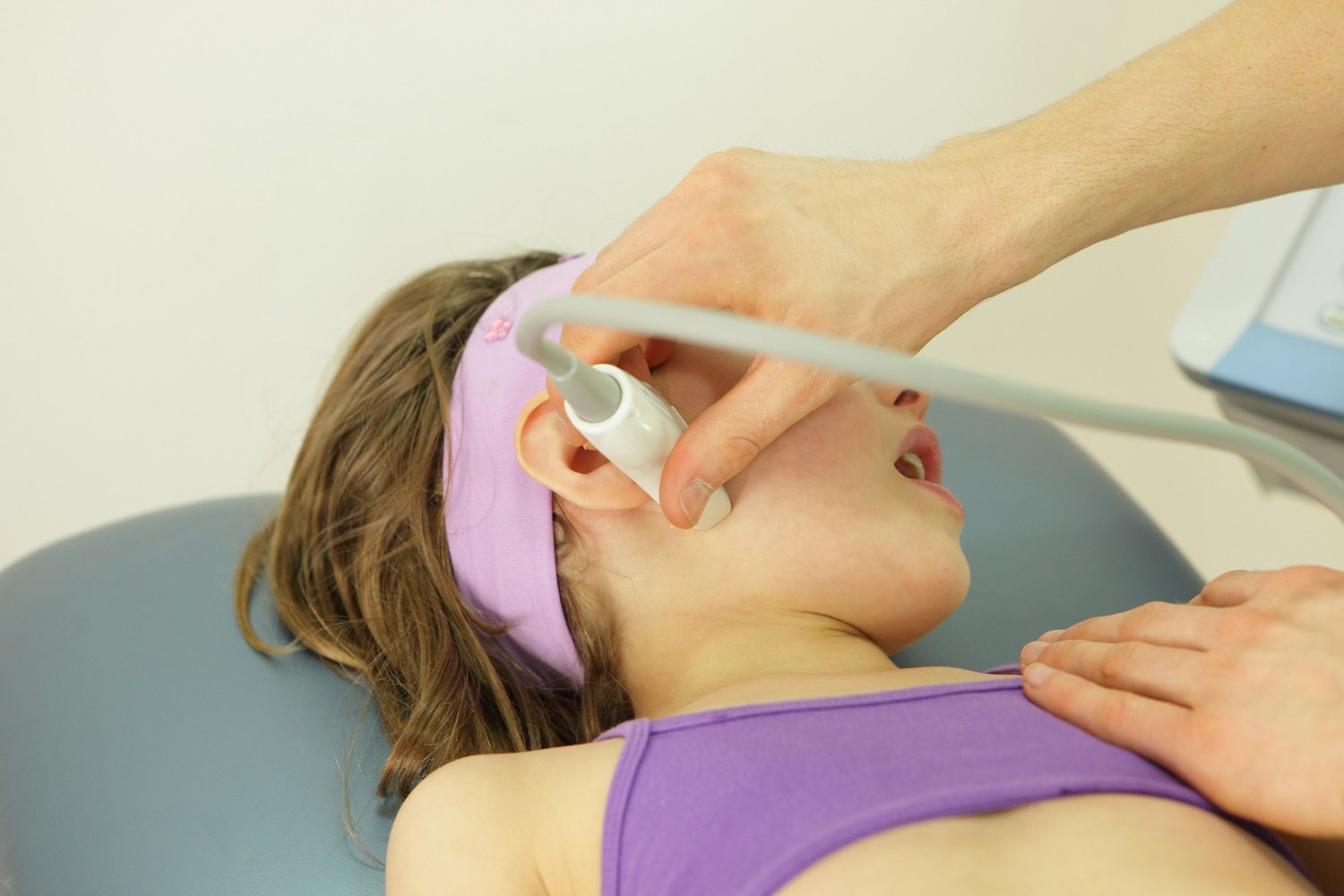Stress Could Be the Cause of Your Jaw Joint (TMJ) disorder
 The temporomandibular joint (TMJ) or Jaw Joint is an important joint that serves many different functions on a day-to-day basis. The TMJ can carry out thousands of movements in a single day in activities such as speaking, chewing, and breathing. It is the most complex and most active joint in the body.
The temporomandibular joint (TMJ) or Jaw Joint is an important joint that serves many different functions on a day-to-day basis. The TMJ can carry out thousands of movements in a single day in activities such as speaking, chewing, and breathing. It is the most complex and most active joint in the body.
Being an active and complex joint, it is susceptible to a number of problems. Stress could be a trigger to problems in the joint which may lead to TMJ disorder.
How Is Stress Related to the TMJ?
The trigeminal nerve is the common factor in stress and TMJ. The nerve is easily affected by muscle tension. Stress will cause the muscles to tense — the fight-or-flight response. Without the resolution of stress, people will tend to grind their teeth.
Bruxism, another term for teeth grinding, is a side effect or a symptom of stress. Some of the symptoms of teeth grinding such as tight muscles, headaches, sore jaw, and facial pain double up as the symptoms of TMJ disorder. TMJ disorder could lead to bruxism especially if the upper and lower jaws do not correctly fit together.
Tense Muscles Lead To Headaches.
Tightness of the muscles around the neck and face, caused by stress, will lead to headaches and jaw pain. Headaches are a major symptom of TMJ disorder alongside other symptoms such as joint clicking and popping. Jaw pain especially when chewing is an indication that the TMJ joint has a problem and is not working as intended.
Stress will cause problems with the TMJ regardless of whether it is caused by physical illness or is the mental and emotional stress of a hard day at work. Even in the absence of TMJ disease, stress will trigger TMJ problems due to inflammation and muscle tension.
Properly managing stress will ensure that you stay free of problems in the TMJ. Exercise, meditation, reading a book, talking and sharing with a friend will help to reduce stress.
Read the full story here
http://yourdentalhealthresource.com/could-stress-be-causing-your-tmj






